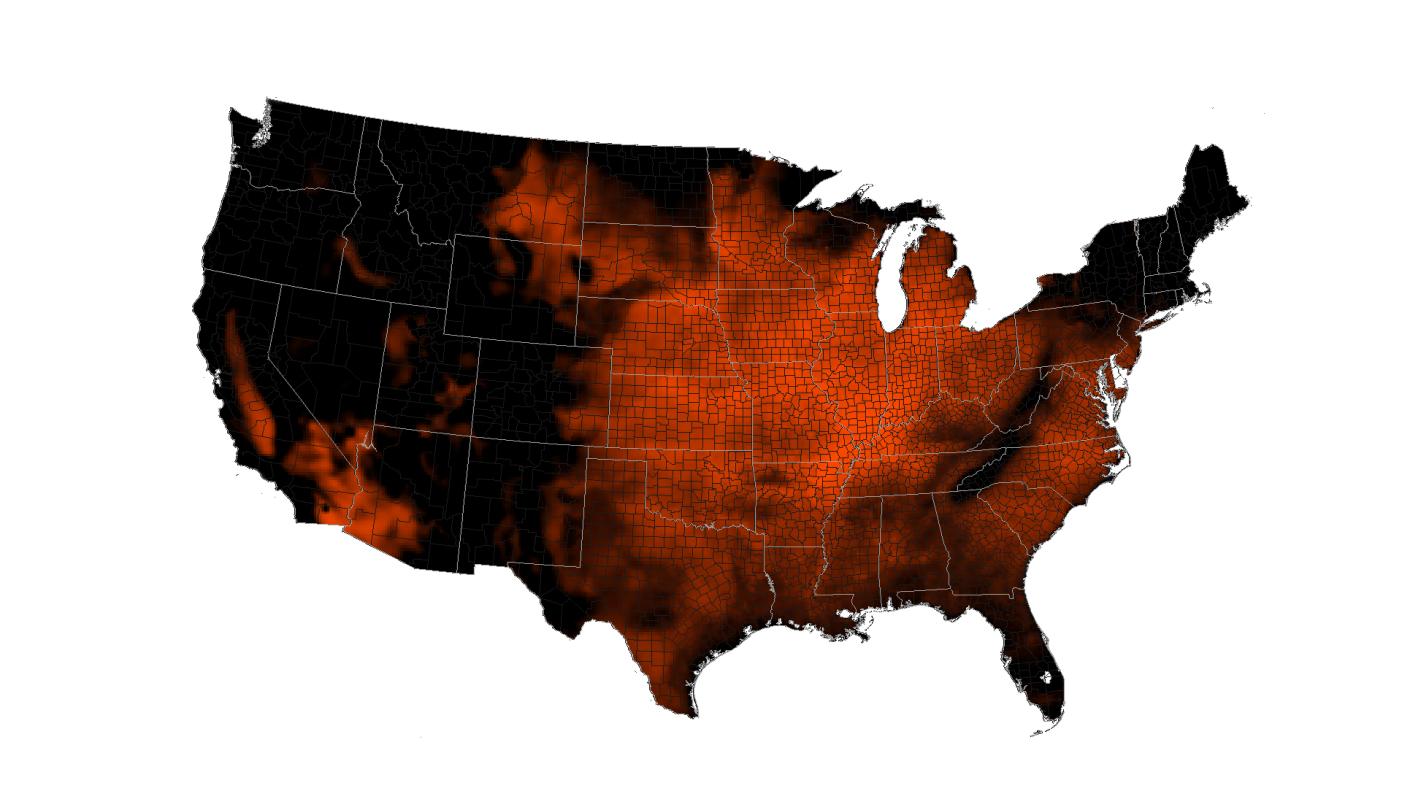Why Heat Waves Can Mean High Death Tolls

Get the world’s most fascinating discoveries delivered straight to your inbox.
You are now subscribed
Your newsletter sign-up was successful
Want to add more newsletters?

Delivered Daily
Daily Newsletter
Sign up for the latest discoveries, groundbreaking research and fascinating breakthroughs that impact you and the wider world direct to your inbox.

Once a week
Life's Little Mysteries
Feed your curiosity with an exclusive mystery every week, solved with science and delivered direct to your inbox before it's seen anywhere else.

Once a week
How It Works
Sign up to our free science & technology newsletter for your weekly fix of fascinating articles, quick quizzes, amazing images, and more

Delivered daily
Space.com Newsletter
Breaking space news, the latest updates on rocket launches, skywatching events and more!

Once a month
Watch This Space
Sign up to our monthly entertainment newsletter to keep up with all our coverage of the latest sci-fi and space movies, tv shows, games and books.

Once a week
Night Sky This Week
Discover this week's must-see night sky events, moon phases, and stunning astrophotos. Sign up for our skywatching newsletter and explore the universe with us!
Join the club
Get full access to premium articles, exclusive features and a growing list of member rewards.
Researchers have long known that heat waves kill more people than other weather-related disasters do. And amid the hottest year on record and a scorching summer in the United States comes new research warning just how deadly heat waves can be.
Unlike a tornado or hurricane, a heat wave's impact on human lives is usually not realized until much later. An estimated 70,000 people died when parts of Europe boiled in the summer of 2003, according to a history of that heat wave being compiled by Richard Keller, a professor at the University of Wisconsin-Madison. In contrast, the death toll from 2005's Hurricane Katrina, which ravaged New Orleans and the Gulf Coast, was 1,836.
During the 2003 heat wave, a huge high-pressure system hung over Europe for three weeks in August, sending temperatures higher than they had climbed in hundreds of years. Electrical cables melted, water pumps failed, museum specimens liquefied and nuclear technicians had trouble keeping reactors cool. But the extent of the human toll was first detected by undertakers, who were being overwhelmed with unclaimed bodies. In Paris, some of the corpses had to be kept in a warehouse outside the city when mortuaries were full, according to Keller.
"Measured by mortality, it was the worst natural disaster in contemporary France," Keller said in a statement.
In Paris alone, nearly 15,000 people were killed by the suffocating heat. Most of those victims were elderly women living alone in the top floors of poorly ventilated walk-up apartments, Keller found.
"People who lived in these apartments died like flies," he said. "This was as much a social as a health and epidemiological disaster. There were social factors that made some people much more vulnerable."
The elderly are often at high risk in a heat wave because they might not notice the effects of dehydration, and certain medications — like ones to treat Parkinson's disease — can exacerbate the effects of extreme heat. But in his research, Keller found that people who lived alone had the greatest risk of dying in a heat wave.
Get the world’s most fascinating discoveries delivered straight to your inbox.
"We have to recognize that heat kills far more people than the cold and that those most likely to die are people on the social margins of society," Keller said in a statement.

 Live Science Plus
Live Science Plus










